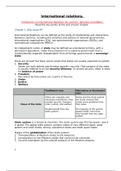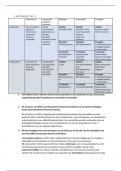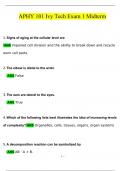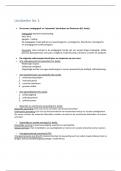Samenvatting
International Relations Readings Summary Part 1
- Instelling
- Universiteit Van Amsterdam (UvA)
This document contains an extensive summary of the readings for the first part of the course International Relations. It has a summary of the chapters of several books as well as a summary of the articles. Good luck with studying you smart human!
[Meer zien]










